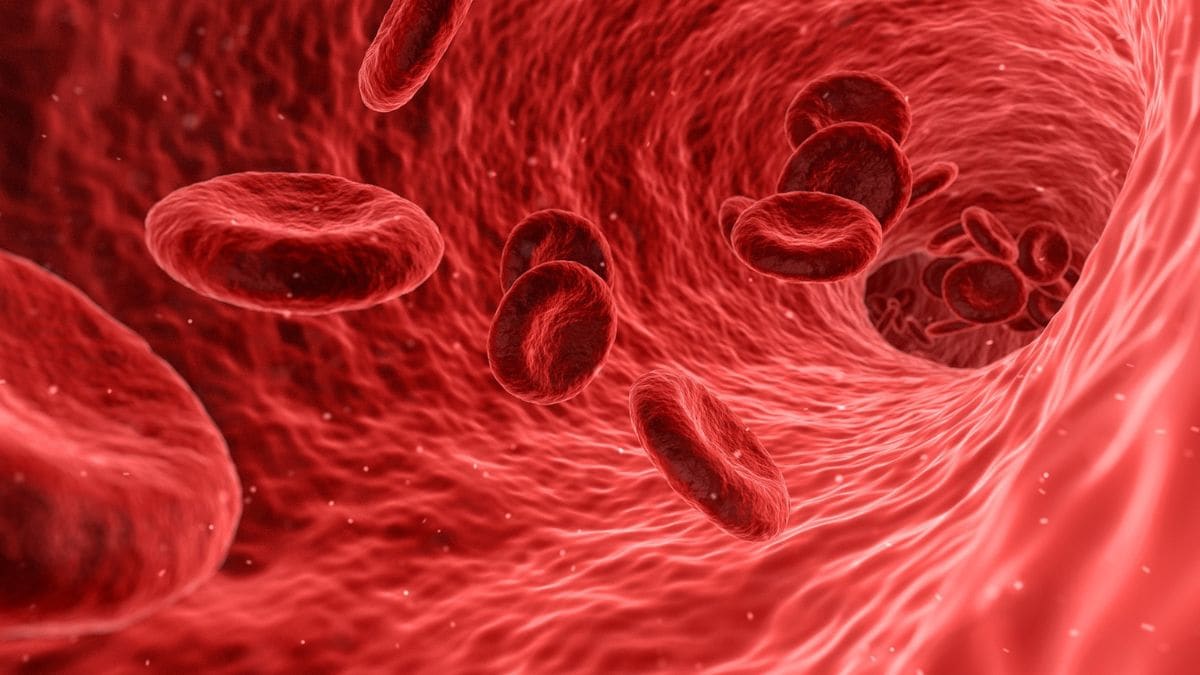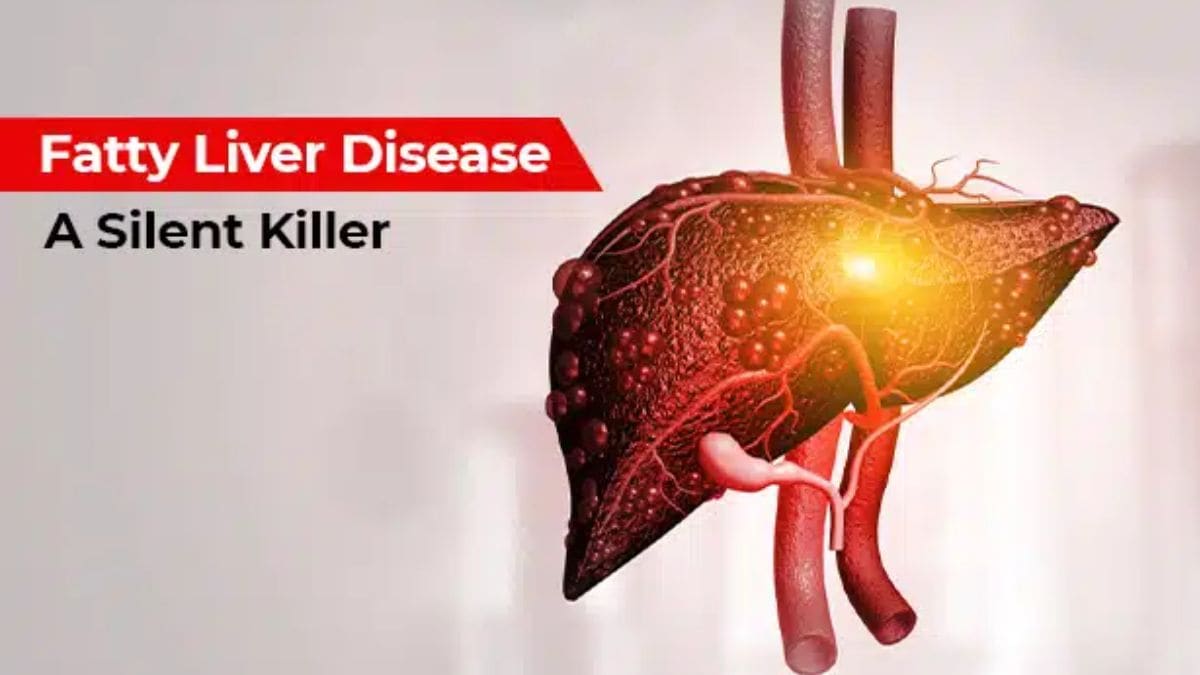Choosing olive oil, which is a natural product, instead of fats is a healthy choice. According to new research, about a teaspoon of olive oil a day is linked with lowering the risk of dementia-related death by 28 per cent read more
)
Olive oil has monounsaturated fats, particularly oleic acid, which supports brain function and prevents cognitive decline. Pixabay/Representative Image
For a long time, olive oil has been considered a sign of healthy eating.
Researchers have backed this claim by saying that regular intake of olive oil may lower the death risk from dementia, particularly in women.
Dementia is a global concern since the number of people living with the condition is rising and there is no cure for it.
According to new research, about a teaspoon of olive oil a day is linked with lowering the risk of dementia-related death by roughly 30 per cent.
Let’s take a closer look.
Also read: Is obesity raising your risk of dementia?
Lowering the risk of dementia
An international team of researchers, including those at Harvard University, observed over 92,000 adults in the United States for 28 years to study the effects of olive oil intake on the risk of dementia-related death.
The study was published in The Journal of the American Medical Association (JAMA) Network Open.
“Consuming at least seven grammes per day of olive oil was associated with a 28 per cent lower risk of dementia-related death compared with never or rarely consuming olive oil,” the authors wrote. They also found that the results held good regardless of diet quality.
“Our study reinforces dietary guidelines recommending vegetable oils such as olive oil and suggests that these recommendations not only support heart health but potentially brain health, as well,” said study co-author Anne-Julie Tessier, a research associate in nutrition at Harvard University’s TH Chan School of Public Health, in a news release for the abstract last year.
The researcher said that choosing olive oil, which is a natural product, instead of fats is a healthy choice and may reduce the risk of fatal dementia.
Replacing five grammes a day intake of mayonnaise and margarine (‘vanaspati’) with olive oil in equal amounts was found to be associated with a 14 per cent and eight per cent lower risk of death due to dementia, respectively, they said.
Following diets, such as the Mediterranean , DASH , and MIND, all of which include a teaspoonful of olive oil intake, along with green leafy vegetables, legumes, nuts and fish, has been shown to improve brain structure and cognitive function, the researchers said.
This highlighted a “potentially specific role for olive oil,” as the team found that the highest olive oil intake had the lowest dementia-related death risk.
The participants with the APOE e4 gene, the most common genetic risk factor for developing Alzheimer’s disease, were found to be about five to nine times likelier to die due to dementia.
However, the results regarding olive oil intake held good even after accounting for this factor, the authors said.
Notably, the latest study has limitations.
The findings mainly involved health professionals, so the findings may not be applicable to everyone, especially those from more diverse backgrounds.
Also, different types of olive oil could affect the results.
Also read: Does sitting for more than 10 hours increase risk of dementia?
Benefits of olive oil for brain health
Olive oil has monounsaturated fats, particularly oleic acid, which supports brain function and prevents cognitive decline, as per Times Now.
Previous studies have shown that compounds in olive oil, especially extra-virgin olive oil, may lower inflammation. These compounds are necessary as chronic inflammation can lead to several neurological conditions, such as Alzheimer’s disease and Parkinson’s disease, the report said.
The antioxidants in olive oil also help neutralise the harmful free radicals in the body. Free radicals can lead to oxidative stress and thereby cause damage to brain cells.
It also restores the functioning of the blood-brain barrier, which is known to falter in dementia and, thus, allows for the crossing of molecules toxic to the brain, the authors explained.
Healthy fats in olive oil help in mood regulation and improve your well-being.
Also read: How air pollution increases the risk of dementia
Dementia is a common disease
Dementia refers to an impaired ability to remember, think and make decisions, and thus, impacts daily activities and quality of life.
Alzheimer’s disease is the most common form of dementia and may contribute to 60 to 70 per cent of cases.
According to the World Health Organization (WHO), dementia is currently the seventh leading cause of death, with nearly 10 million new cases reported each year.
It is also one of the major causes of disability and dependency among older people globally.
Currently, there are more than 55 million people with dementia globally.
About 60 per cent of them live in low- and middle-income countries.
With inputs from PTI

 4 months ago
26
4 months ago
26


















)
)
)
)
)
)
)
 English (US) ·
English (US) ·